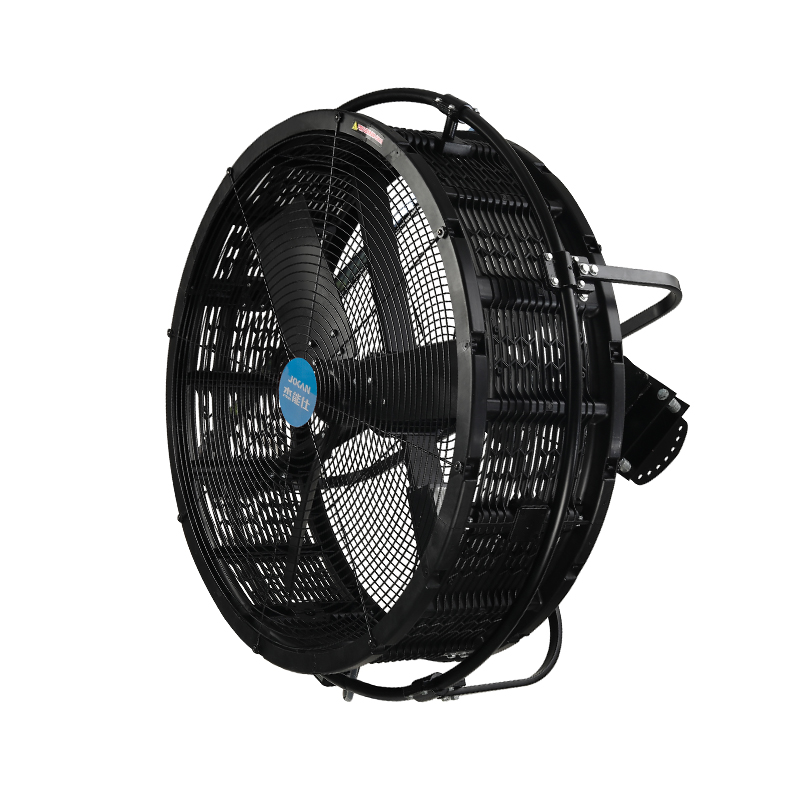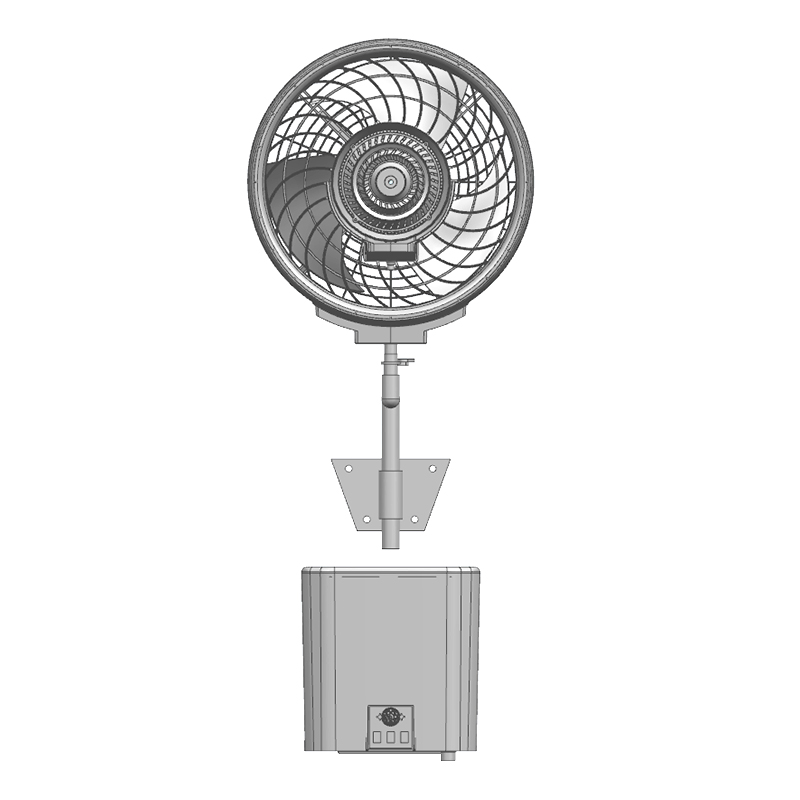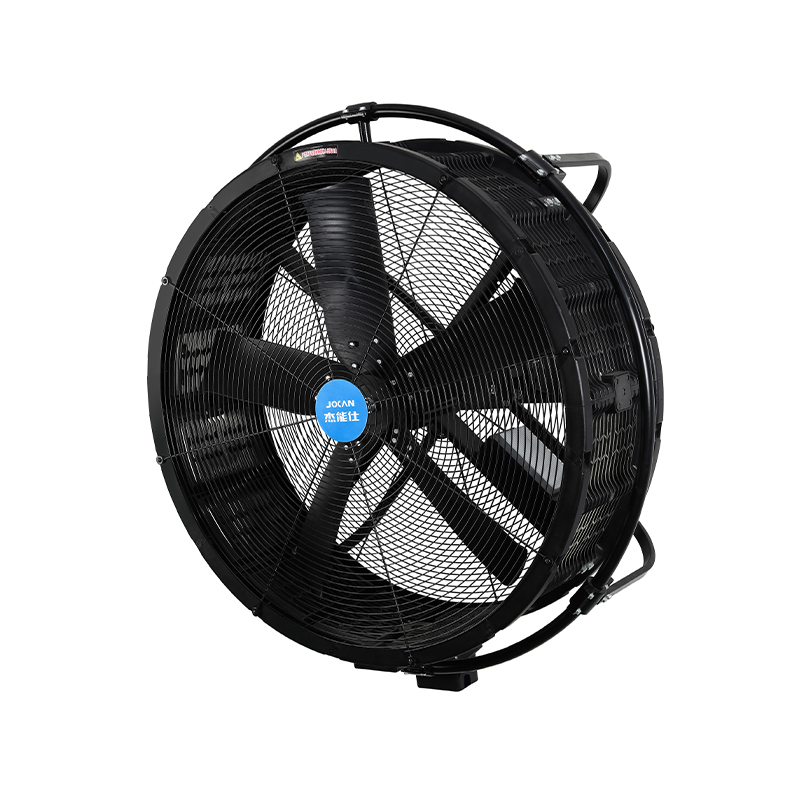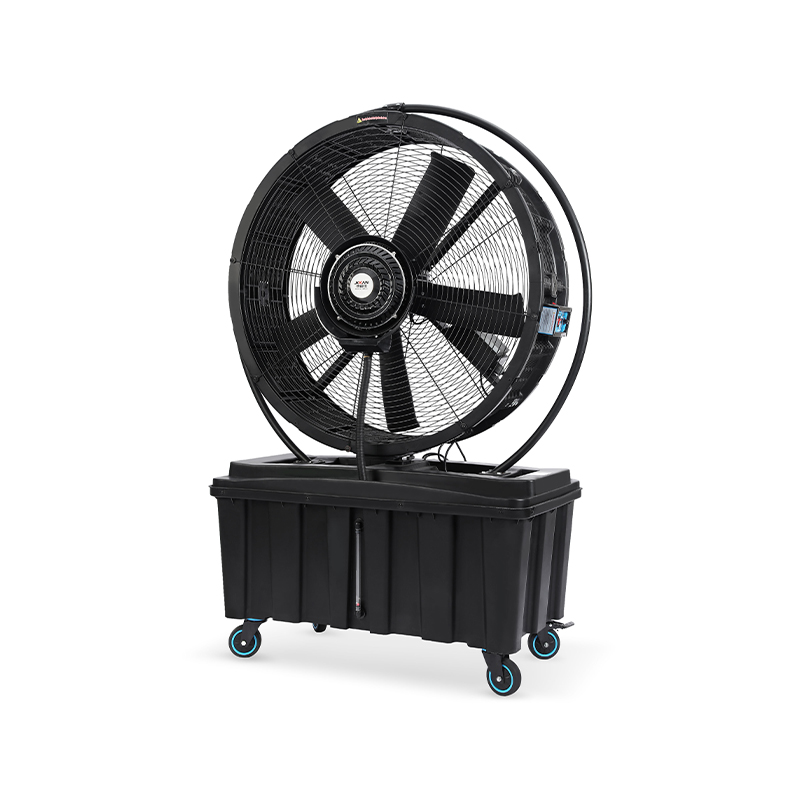Industrial fans are essential components in many sectors, including manufacturing, agriculture, HVAC, and mining. They are used to circulate air, maintain airflow, and regulate temperature and humidity in large spaces. With the increasing demand for energy-efficient and reliable equipment, understanding the benefits, services, and applications of industrial fans can help users select the right fan system for their specifications.
Benefits of Industrial Fans
One of the main advantages of industrial fans is their ability to improve air circulation and ventilation in large, enclosed environments. In industries like manufacturing and agriculture, where dust, heat, and humidity can accumulate, these fans help maintain a safe and productive atmosphere. The key benefits include:
Enhanced Airflow and Comfort:
Industrial fans help keep air moving, preventing stagnant conditions that could lead to discomfort or hazardous working environments.
Energy Efficiency:
Many modern industrial fans are designed to be energy-efficient, offering long-term savings on electricity bills by using less power while maintaining performance.
Reduced Humidity and Temperature Control:
Fans help manage heat and moisture levels, preventing damage to equipment, materials, or crops in sensitive environments.
Improved Air Quality:
Effective air circulation can reduce the buildup of airborne contaminants, improving the overall air quality in workplaces.
However, users may face challenges related to energy consumption, noise levels, and maintenance needs when using industrial fans. Ensuring that fans are appropriately sized and installed can help mitigate these concerns.
Services for Industrial Fans
To fully benefit from industrial fans, users need comprehensive services that can enhance the lifespan and efficiency of their systems. Key services include:
Customization and Installation:
Fans should be selected and installed based on the specific size and environmental requirements of the facility. Customization services help ensure that the fan system is optimized for the given application, minimizing operational inefficiencies.
Regular Maintenance:
Routine inspections and maintenance services help prevent downtime, identify potential issues, and extend the lifespan of the fans. This is especially important in industries where air circulation is crucial for safety and productivity.
Repairs and Spare Parts:
Fans can experience wear and tear over time. Offering quick repairs and access to spare parts ensures that businesses can quickly restore operations without significant delays.
Energy Audits and Efficiency Upgrades:
Regular energy audits help users optimize their fan systems, ensuring they operate at peak efficiency while minimizing energy consumption. Upgrades to more advanced or energy-efficient models can further reduce long-term operational costs.
A good service provider will offer these solutions, addressing any pain points users face, such as unexpected breakdowns, rising energy costs, and maintenance complexities.
Applications of Industrial Fans
Industrial fans find applications across diverse industries, each with unique requirements. Some common applications include:
Manufacturing Plants:
In factories and assembly lines, fans are used to keep machinery cool, ventilate dust and fumes, and maintain a stable temperature to improve production efficiency.
Agriculture:
Fans help maintain optimal growing conditions in greenhouses, ensuring adequate air circulation and temperature control. In poultry farming, they help regulate temperature and humidity, creating a more comfortable environment for livestock.
HVAC Systems:
Industrial fans are essential components of heating, ventilation, and air conditioning (HVAC) systems in large commercial or industrial buildings, ensuring effective air distribution and cooling.
Mining and Underground Worksites:
Fans provide ventilation in confined spaces, ensuring the safety and well-being of workers by removing harmful gases and maintaining a fresh air supply.
Warehouses and Storage Facilities:
Large fans are often used in storage areas to prevent moisture buildup, which could damage products or equipment.
These diverse applications highlight the versatility of industrial fans, but users often face the challenge of choosing the right type of fan for their specific needs. Incorrect fan selection can lead to inefficiencies, increased energy costs, and poor air quality.
 Add: Plot 23, Huanglang Industrial Zone, Jinqing Town, Luqiao District, Taizhou City, Zhejiang Province
Add: Plot 23, Huanglang Industrial Zone, Jinqing Town, Luqiao District, Taizhou City, Zhejiang Province
 TEL: +86-13586083215
TEL: +86-13586083215

 English
English English
English عربى
عربى 한국어
한국어










